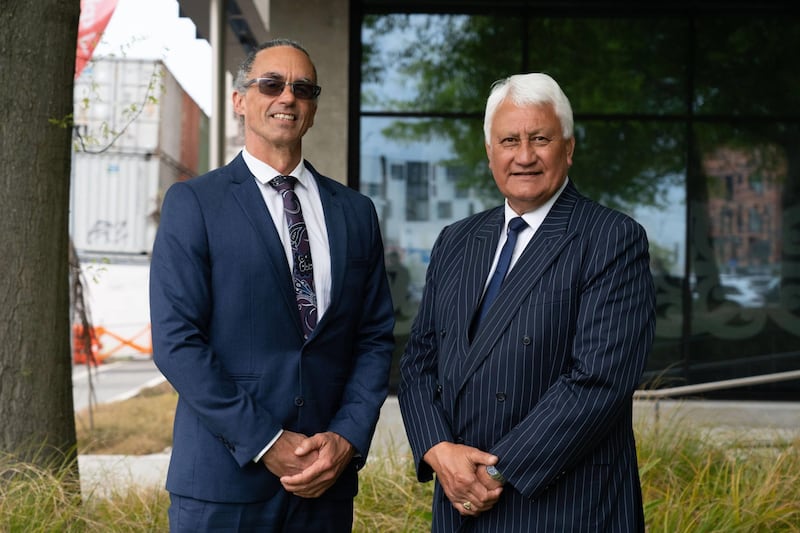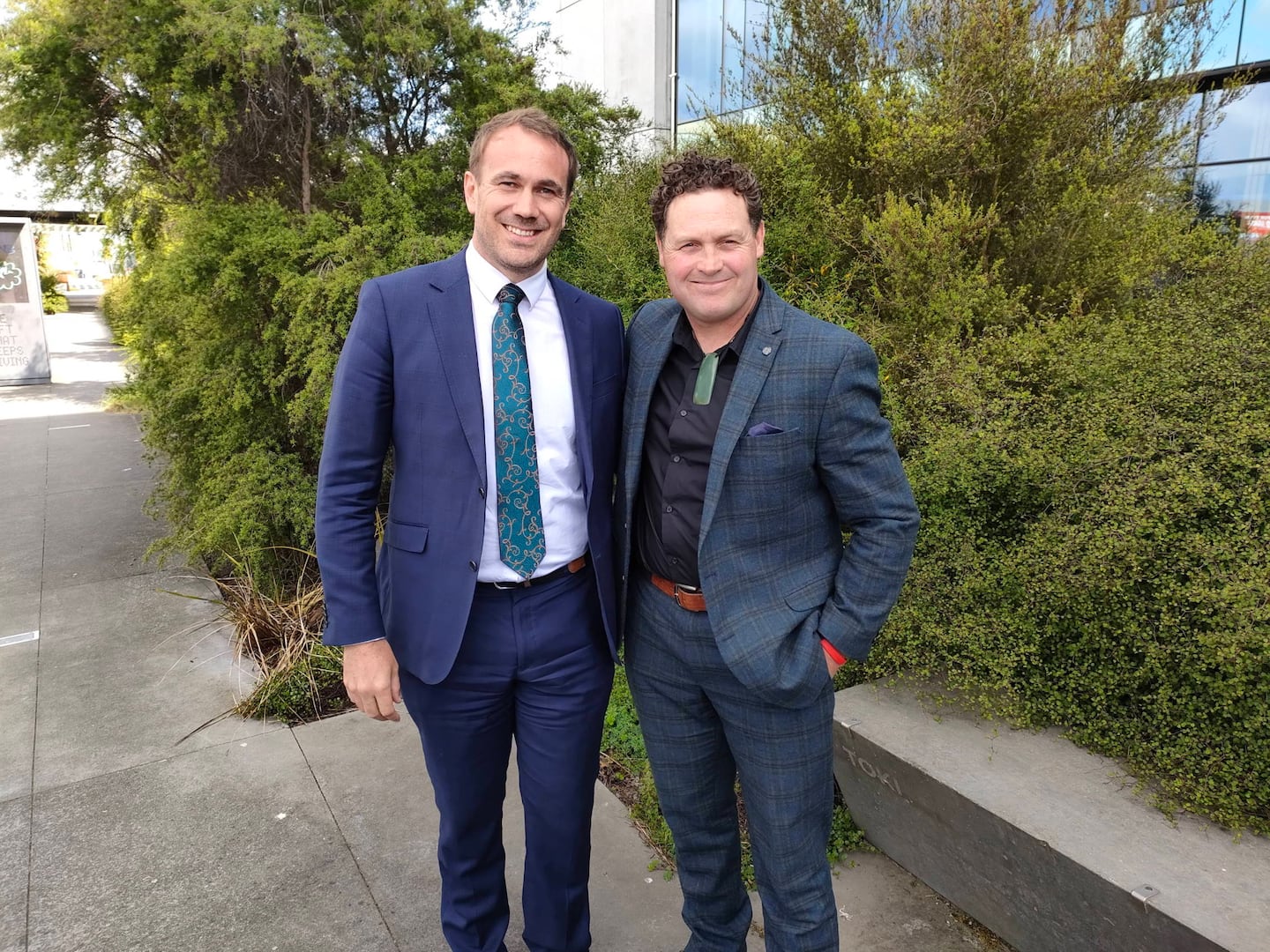Environment Canterbury (ECan) is standing firm in its support of mana whenua representation at the council table, despite pressure from the government.
Regional council chairperson Craig Pauling said the council would look at restoring Ngāi Tahu appointed Tumu Taiao cultural advisors, if the government found a way to repeal the Ngāi Tahu Representation Act 2022.
The council rejected an invitation from the government in August to introduce a local Bill to repeal the legislation, following consultation with Te Rūnanga o Ngāi Tahu and the 10 papatipu rūnanga chairs.
Parliament’s rules state local bills can only be repealed or amended by another local bill, making it difficult for the government to take action without ECan’s support.
‘‘There is something around standing orders which the government could do, but it would be cumbersome, so the government may decide it has other priorities,’’ councillor Pauling said.
‘‘Hopefully it will look at the feedback from the council and decide to leave it as it is.’’
Ngāi Tahu commissioners and councillors were appointed by the previous National government in 2010, 2013 and 2016.
The council then appointed two Te Tumu Taiao cultural advisors in 2020, without formal voting rights.
The passing of the legislation by the previous Labour government two years ago led to Ngāi Tahu electing two councillors, Iaean Cranwell and Tutehounuku (Nuk) Korako, with full voting rights in October 2022.

Speaking at the August council meeting, staff said having Ngāi Tahu representation around the council table was the most cost-effective way for the council to meet its treaty obligations, which are imposed by legislation.
Pauling said the Local Government Act did not provide for treaty considerations, such as the Ngāi Tahu Claims Settlement Act 1998.
He said the two Tumu Taiao cultural advisors were effective advocates for Ngāi Tahu during their two years in office but lacked voting rights.
‘‘They were still Ngāi Tahu-appointed and they had a vote at committee level, but not at the council table.
‘‘But Iaean Cranwell and Yvette Couch-Lewis could still speak and contributed effectively to council discussions.
‘‘They would say ‘we can’t vote, but this is what we think’.’’
Deputy chairperson Deon Swiggs said allowing the Ngāi Tahu councillors the right to vote is a question of ‘‘mana’’.
‘‘You are doing the same job, so you should be given the same rights.’’
Local Government Minister Simeon Brown said repealing the legislation remained ‘‘a priority’’ but he acknowledged it could not be replaced by a government bill.
‘‘The government is currently working through options to restore democracy to the people of Canterbury.’’
Te Rōpū Tuia (a joint committee of the Papatipu Rūnanga chairs and councillors) co-chairperson Dr Liz Brown said the legislation was ‘‘localism in action’’.
‘‘The act is forward-looking, efficient and, most importantly, working.’’
ECan’s mana whenua representation model is different from Māori wards as it is subject to its own legislation.
The government recently introduced new legislation that requires councils that brought in Māori wards without polling residents to hold one, or scrap the ones they had set up.
The affected councils will now have to hold a binding poll alongside the 2025 local body elections.
LDR is local body journalism co-funded by RNZ and NZ On Air.


